
OR
Cabinet decisions must be transparent
Published On: November 14, 2018 02:00 AM NPT By: Republica | @RepublicaNepal
The government of K P Sharma Oli on Sunday committed such an action, which, if this is what the government is bent on doing in the days to come as well, will go down in Nepal’s history as the state’s deliberate attempt to stifle free flow of information and deny people and wider media fraternity their right to access vital information. On Sunday, the government refused to reveal the cabinet decisions to media. Such an attempt is regressive, violates constitutional right to information and contravenes the Right to Information Act and Regulations. Making the cabinet decisions public after meetings has remained integral practice of Nepal’s democracy. Since the 1990’s democratic change, every government has held a media briefing after the meeting. The 2006 political change continued with this practice. But Minister for Information and Communication Technology Gokul Prasad Baskota tried to nullify this long held tradition. The government should understand that any attempt to hide vital cabinet decisions from media fraternity and thereby the general public will rightly meet with backlash.
The government may have its own explanation for Sunday’s event. Prime Minister’s press advisor Kundan Aryal has explained that the move is not aimed at controlling free flow of information and that, instead, the government is working to manage and disseminate information in a better and systematic way by holding a press conference on a weekly basis to publicize decisions and providing journalists the opportunity to interact with ministers regarding those decisions. This is not convincing. Why does the government have to withhold information from the public for a week? If the government makes the right decision for the greater good of the people, it should be more than happy to share that with people immediately. Second, the idea of withholding vital information from the public simply does not work in this age of technology when nothing can be hidden. In Sunday’s case, though Minister Baskota had refused to divulge information about cabinet decisions, the decisions related to nomination of ambassadors for India, Malaysia and UAE had already become public. Hiding information from media and the public is an old, outdated and regressive idea. It does not work in a republic.
Media fraternity has rightly stood against the move and called it a deliberate bid to stifle the free flow of information. Releasing information to the public actually helps the government to be accountable and transparent. The government should work in ways it can take pride in its decisions. It is not difficult to sense that the government is becoming intolerant toward media criticism. It wants media to support every move—good and bad. This is not how media functions in a democracy. Controlling information does not help establish open and transparent society. If this what K P Oli’s government is up to, we must say, he is moving on authoritarian path, the path that will bring him more defamation and backlash.
You May Like This

Nepal Army must exercise transparency
The list of projects constructed by national army is long. It has constructed 1,030 kilometres of road in different parts... Read More...

Nepali Congress must reinvent
Nepali Congress had a work to do: Do the serious soul-searching over electoral debacle in local, provincial and federal parliament... Read More...

Do more than name-only market monitoring
As festival season approaches, government agencies meant for market monitoring wake up. They take media with them, close down few... Read More...


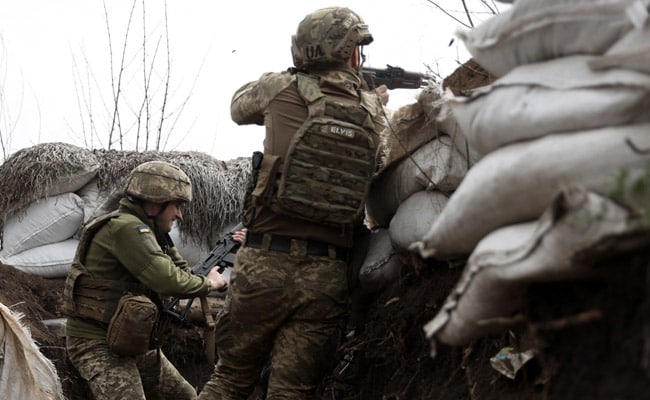

Just In
- Captain Paudel scores half-century in T20 match against West Indies 'A'
- Nine youths from Tanahu allegedly joining Russian army out of family contact for months
- West Indies 'A' sets Nepal a target of 205 runs
- Parliamentary committee directs govt to provide electricity tariff subsidies to cold storage facilities
- Former DoTM employee Bhatta arrested in connection with illegal license issuance case
- One killed in a fire incident in Dadeldhura
- JSP Central Executive Committee meeting being held today to discuss national convention representative election guidelines
- KMC adjust office hours, services now start at 9AM









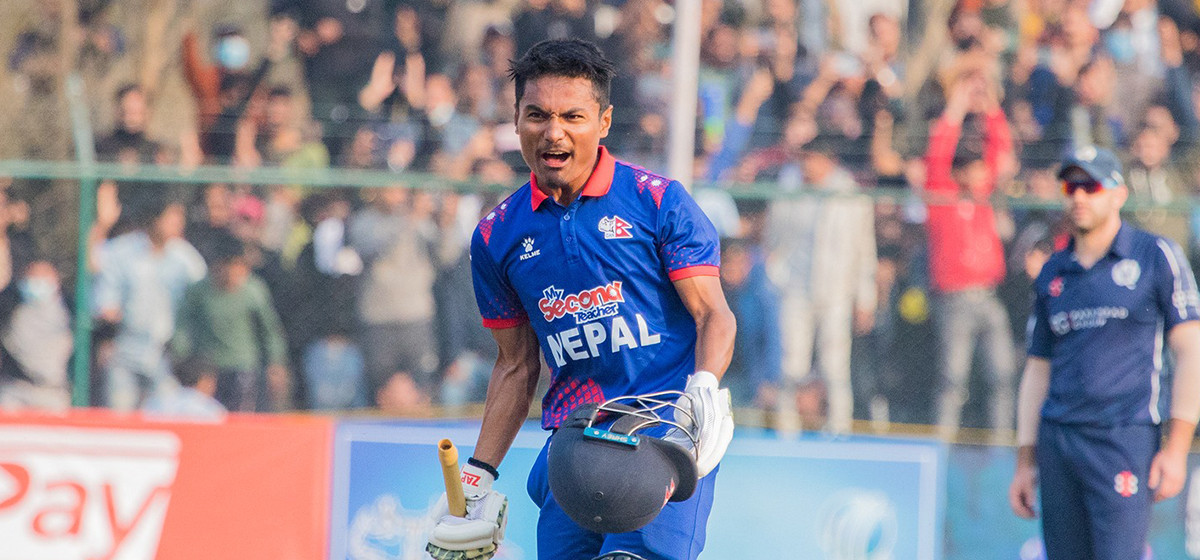

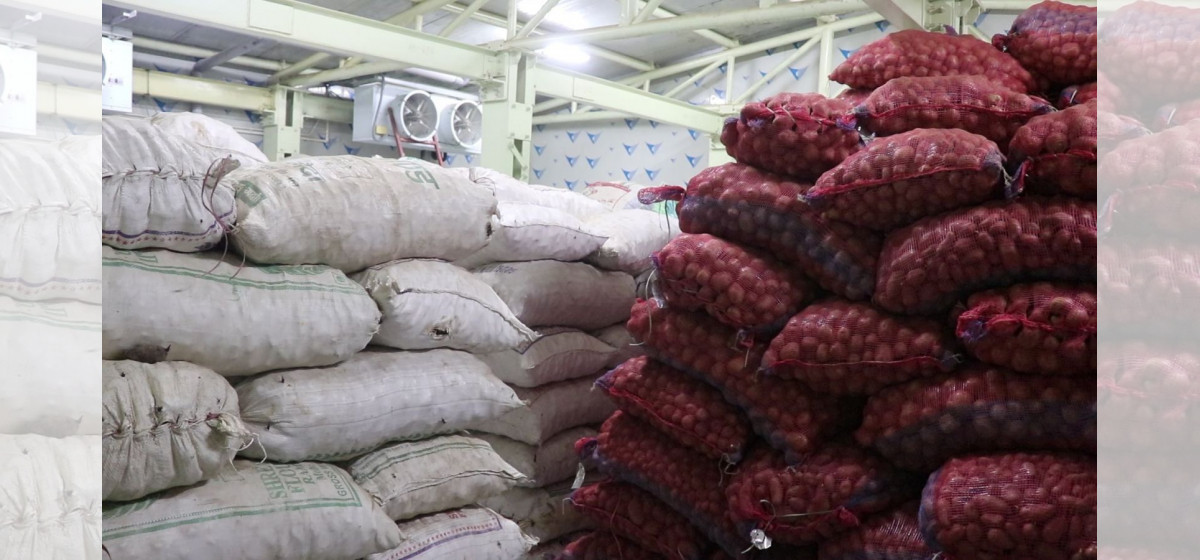
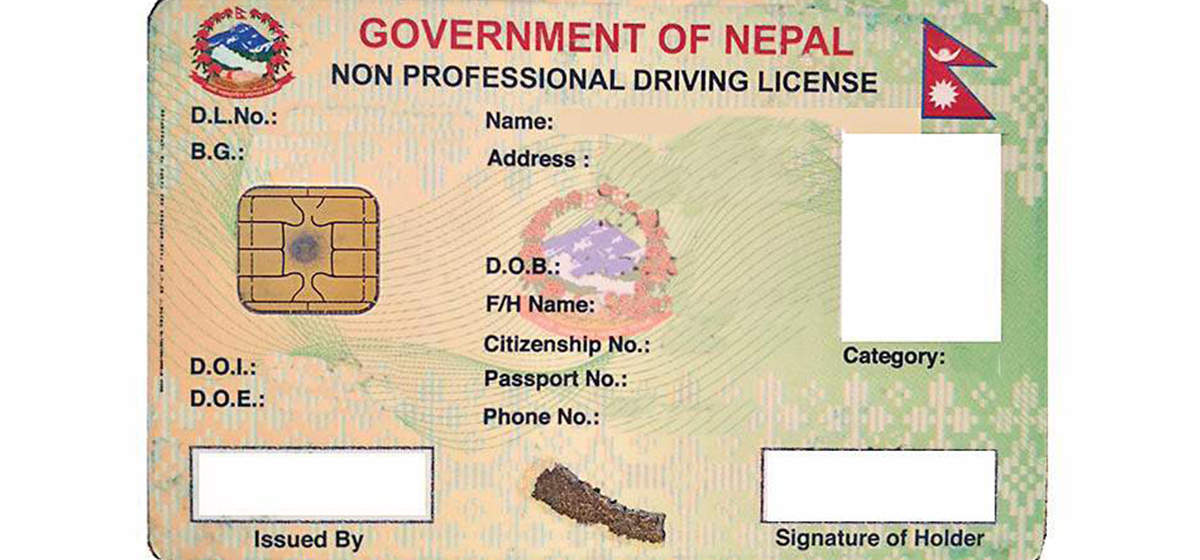
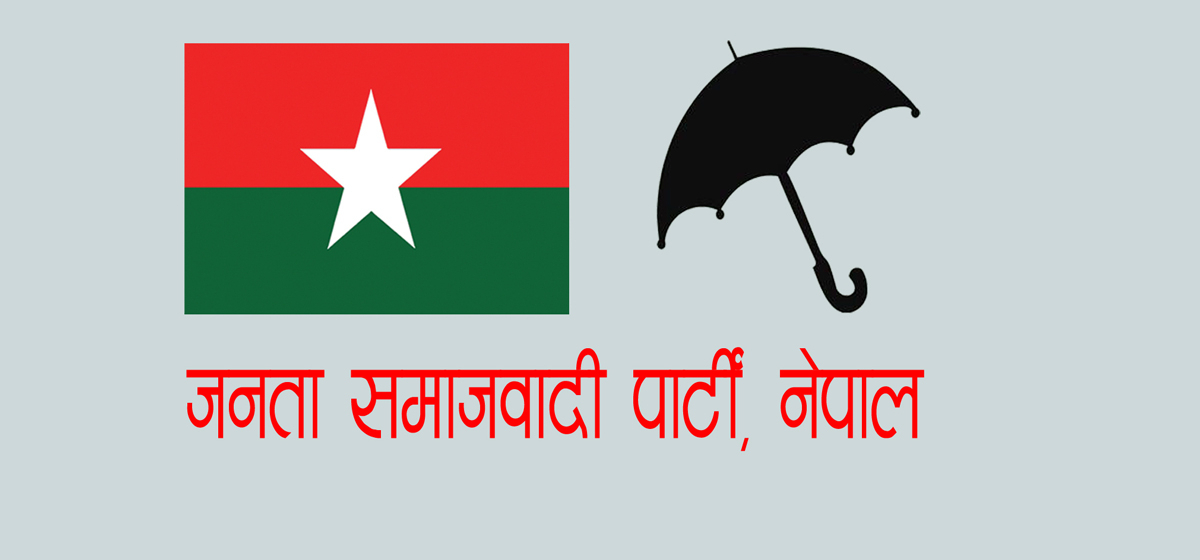

Leave A Comment